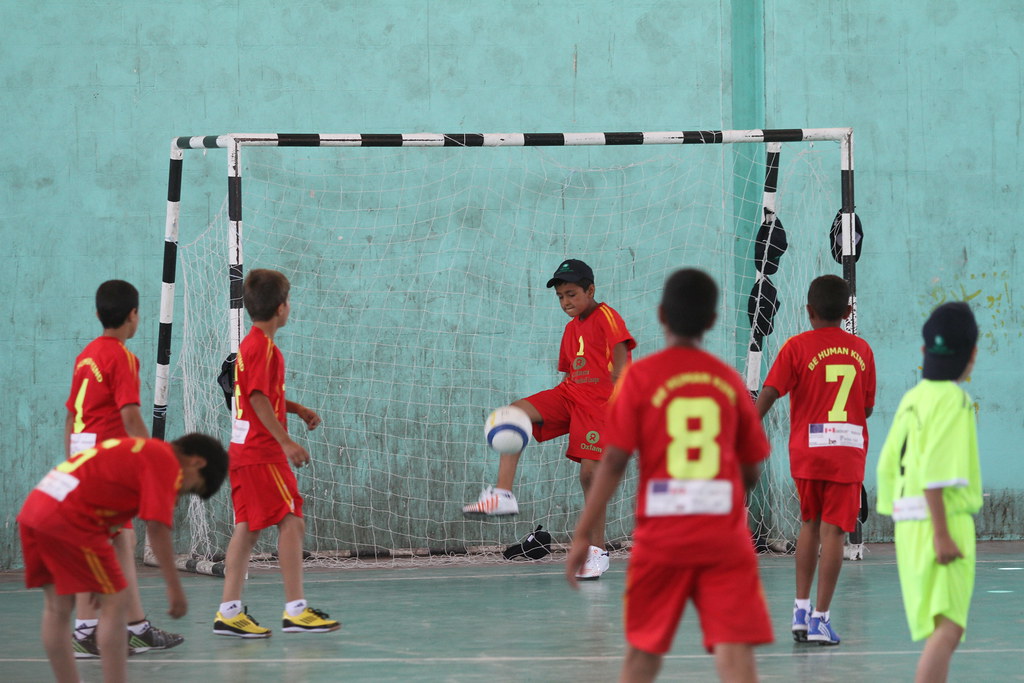Forced Migration and Sport Clubs
In 2016, more than 30 young asylum seekers joined a small and traditional sports club in the suburb of a big German city. At their request, the first cricket team of the club was set up in 2017 and it could take part in the German cricket league. Through these new members, the club lived a very intense time, renewed itself and mobilised new resources. Nevertheless, the cricket team was confronted with social conflicts between internal factions and other issues, which made leave part of the players.
This project regards how the ‘Refugee Crisis’ influenced sport clubs. The data gathered in the scientific supervision of the programme of the youth section of the German Olympics Committee ‘Orientation through Sport’ (OtS) allow to enquire the organisational level. OtS aims at ensuring support to sport offers for young unaccompanied refugees in German sport clubs. The examination concerns applications and reports produced by the clubs, telephone interviews (Gläser & Laudel, 2010) with persons responsible for the sport offers and participant observations (Spradley, 2016) of the sport activities. The collected data regards various aspects of the sport offers from the viewpoint of clubs’ volunteers and was analysed through different theoretical frameworks. The results (Burrmann, Neuber, Michelini, Quade, & Brandmann, 2019; Michelini, Burrmann, Nobis, Tuchel, & Schlesinger, 2018; Tuchel, Burrmann, Nobis, Michelini, & Schlesinger, 2019) show that: conditions that promote or hinder the implementation of sport offers for refugees are identifiable within the culture, programmes, structures and human resources of sport clubs. Moreover, previous experiences with integration constitute a good foundation for further practises, the implementation of sport offers for refugees is particularly dependent on human resources within the sport clubs and, when it comes to organizing support for refugees, sport clubs display an unexpected dynamic and a high capacity to mobilise resources. The collection of further longitudinal data concerning selected sport clubs also allows the realistic evaluation (Pawson, Tilley, & Tilley, 1997) of sport offers for refugees (Burrmann & Michelini, 2020-In preparation).

